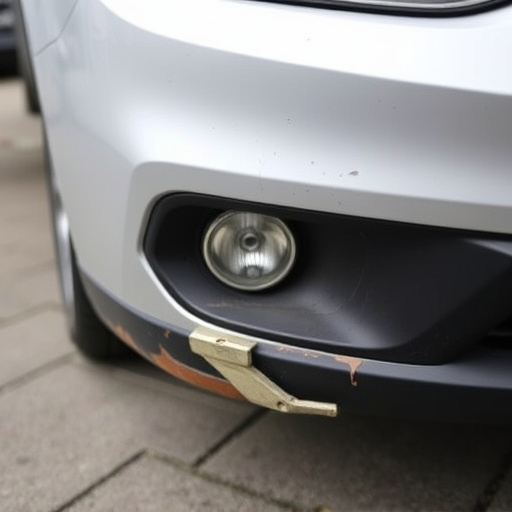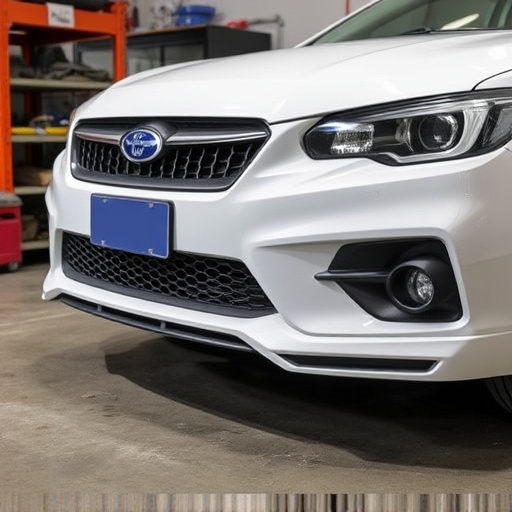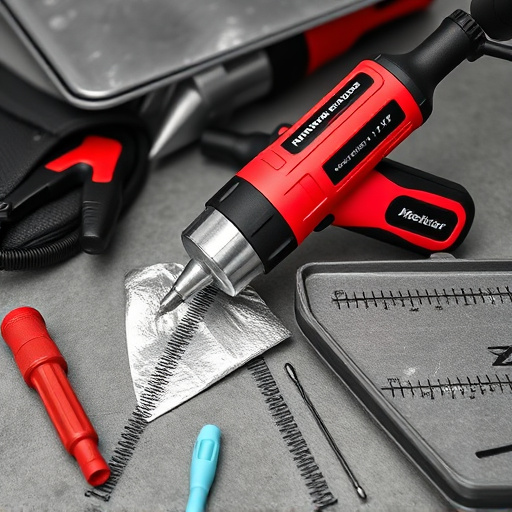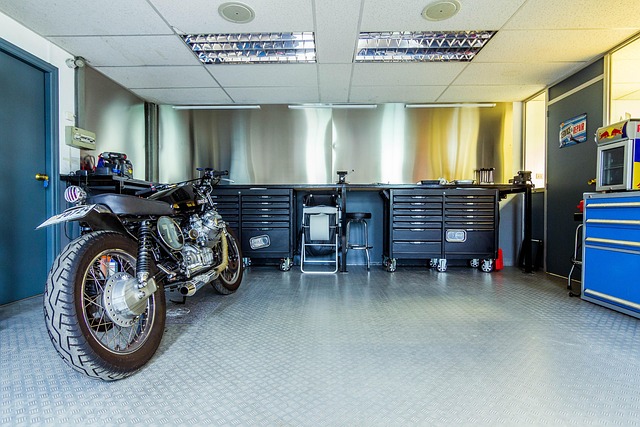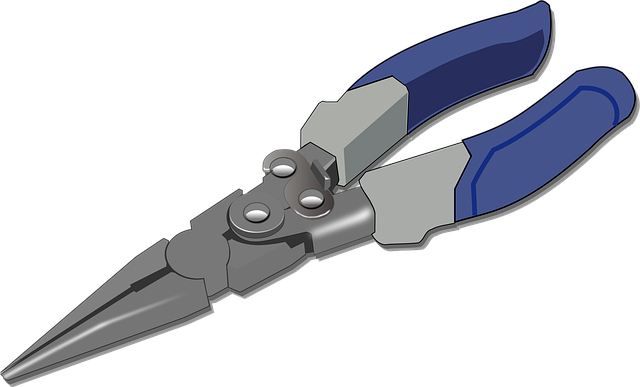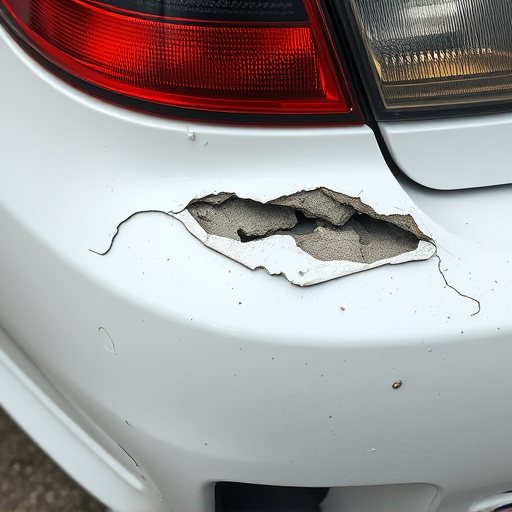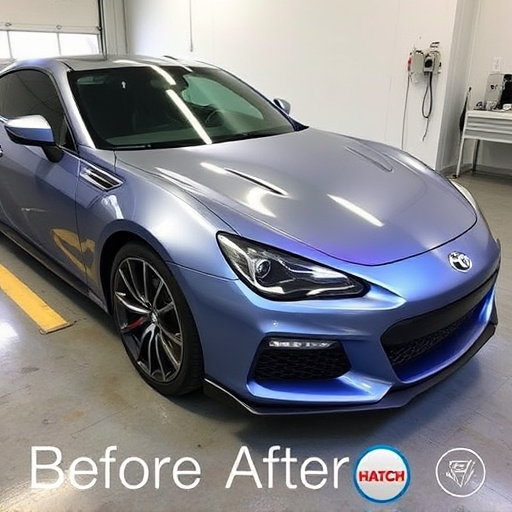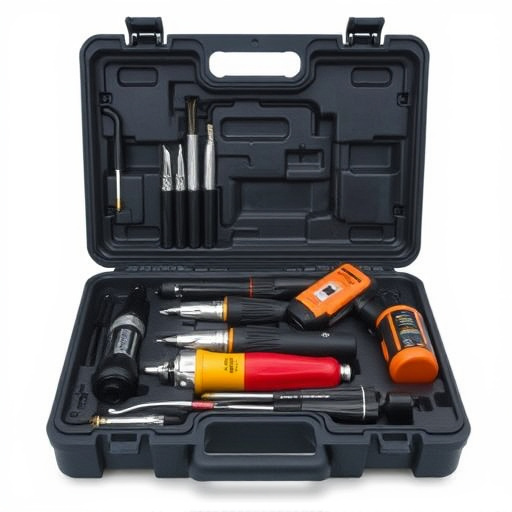Rain sensors, integral to automatic wiper systems, maintain visibility by detecting moisture. Degradation due to dirt, corrosion, or damage can cause false readings and malfunction. Regular cleaning, rain sensor glass repair, and advanced technologies prevent these issues. Malfunctioning sensors reduce driver visibility and increase accident risk. Early intervention through specialized rain sensor glass repair services ensures safe driving in all weather conditions.
Automatic wiper systems, designed to provide uninterrupted clear vision during adverse weather, rely heavily on their rain sensors. However, issues with these sensors can significantly impact vehicle safety. This article explores the functionality of rain sensors, common problems like malfunction and misreadings, and delves into the consequences for wiper performance. We also offer practical solutions for troubleshooting and preventing rain sensor glass repair issues, ensuring optimal visibility and driver safety.
- Understanding Rain Sensor Functionality and Common Issues
- The Impact of Rain Sensor Malfunction on Wiper Performance
- Rain Sensor Glass Repair: Solutions and Prevention Strategies
Understanding Rain Sensor Functionality and Common Issues
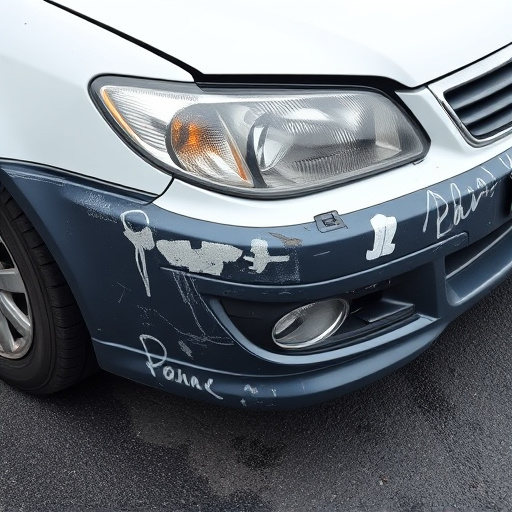
Rain sensors play a crucial role in automatic wiper systems by detecting moisture on the windshield and activating the wipers accordingly. These sensors are designed to continuously monitor environmental conditions, ensuring optimal visibility during adverse weather. However, over time, rain sensor functionality can degrade due to various factors such as dirt accumulation, corrosion, or damage from external impacts. Common issues include false readings, delayed responses, or complete malfunction, leading to inefficient wiper operation.
Proper maintenance and timely rain sensor glass repair are essential to prevent these problems. Regular cleaning of the sensors, especially during thorough auto glass repair or dent removal, can help eliminate debris buildup. In some cases, advanced technologies like paintless dent repair techniques can also be employed to address minor damages that may affect sensor performance. Understanding the delicate balance between environmental conditions and sensor functionality is key to ensuring the reliability of automatic wiper systems.
The Impact of Rain Sensor Malfunction on Wiper Performance
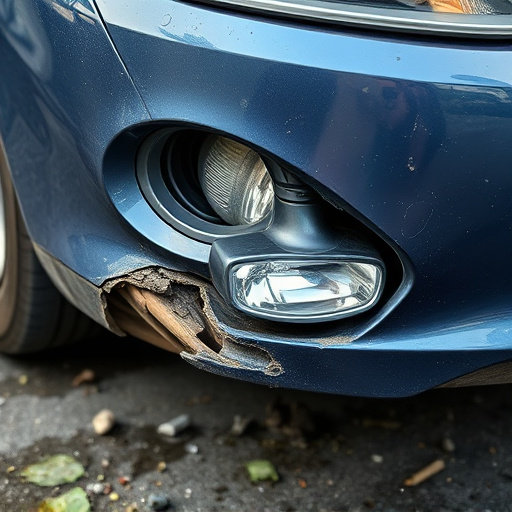
When a rain sensor malfunctions, it can significantly impact the performance and effectiveness of automatic wiper systems. These sensors are designed to detect moisture on the vehicle’s glass, initiating the wipers when precipitation is present. However, if the rain sensor isn’t functioning correctly, the wipers might not turn on at all or may activate inconsistently. This not only leaves drivers without adequate visibility during rainy conditions but also puts them at risk for accidents caused by reduced field of view.
Rain sensor issues can stem from various factors, such as dirt and debris buildup, calibration problems, or even internal damage to the sensor itself. If left unaddressed, these problems can lead to frequent false alarms, excessive wiper usage, or total ineffectiveness during heavy rainfall. Fortunately, many car repair services, including collision repair shops and automotive body shops, offer specialized rain sensor glass repair services to restore proper functionality and ensure safe driving conditions for all weather scenarios.
Rain Sensor Glass Repair: Solutions and Prevention Strategies
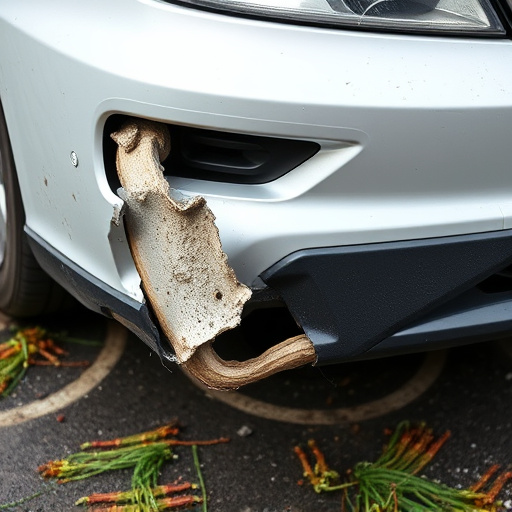
Rain sensor glass repair is a critical aspect of maintaining automatic wiper systems. The rain sensor, often located on the windshield, plays a vital role in detecting moisture levels to activate wipers. Over time, this component can become damaged due to various factors like debris impact, extreme weather conditions, or aging. When the rain sensor glass cracks or gets clouded, it fails to perform its function accurately, leading to suboptimal wiper operation.
Prevention and early intervention are key strategies for addressing rain sensor glass repair issues. Regular windshield maintenance, including washing and cleaning, can help keep the sensor clear. In cases of minor damage or clouding, specialized cleaning solutions or replacement sensors might be required. Visiting an auto collision center or engaging in professional auto frame repair services can ensure that any structural damage is rectified, preserving the integrity of the rain sensor and the overall automatic wiper system’s efficiency.
Rain sensors play a vital role in automatic wiper systems, ensuring optimal visibility during rainy conditions. However, common issues like malfunctioning sensors or damage to the rain sensor glass can significantly impact vehicle safety and performance. Regular maintenance, including timely rain sensor glass repair, is essential to prevent these problems. By understanding potential issues and implementing prevention strategies, drivers can ensure their automatic wipers function effectively, enhancing road safety and reducing the risk of accidents caused by poor visibility.

